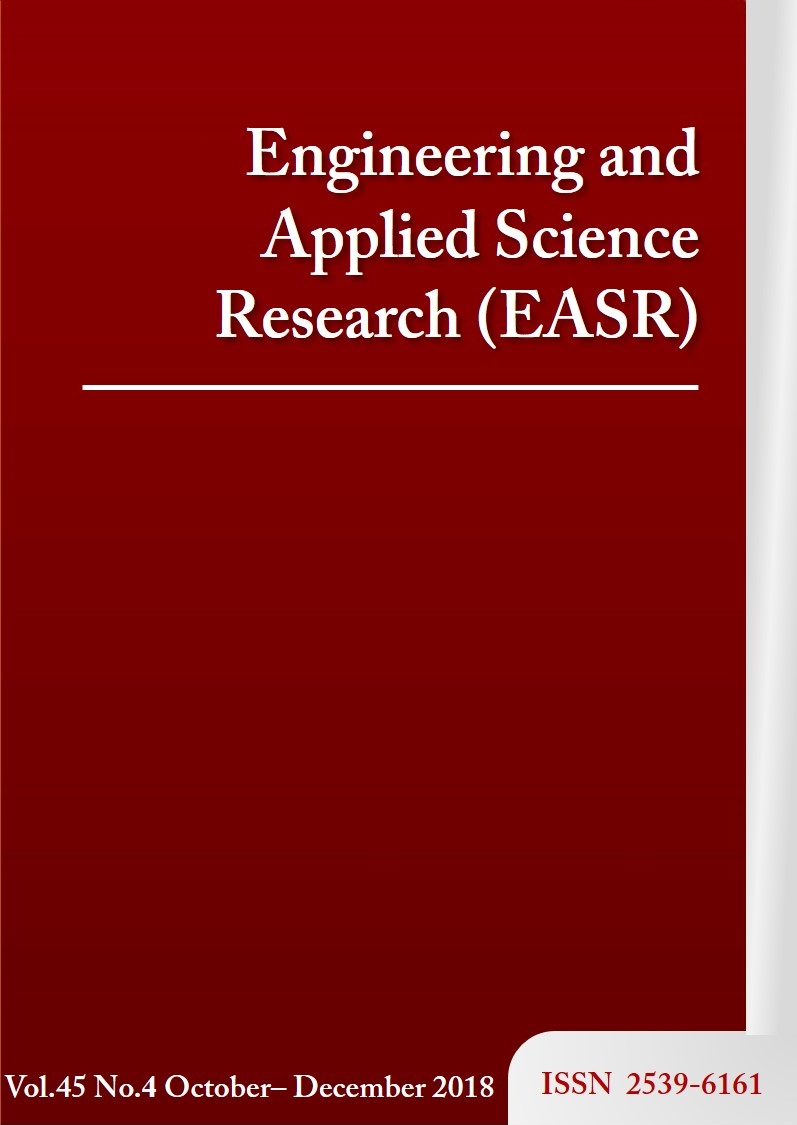Mapping future graduate attributes in a medical engineering curriculum
Main Article Content
Abstract
Curriculum mapping is a process to ensure that a curriculum is relevant to students after they graduate. This study was conducted to map a medical engineering curriculum to future graduate attributes. Using STEEP analysis to predict future trends, new competencies for graduates were obtained. They are multi-disciplinary knowledge, teamwork and collaboration, research, creativity, and a business mindset. Six future graduate attributes were chosen to match these competencies. They are systems thinking, innovative thinking, curiosity, empathy, teamwork and collaboration, and experimentation. The current study also developed a student persona which represents students entering an engineering program. From the persona, the student’s deep need is to take ownership in managing his/her learning. Using this mapping in a medical engineering curriculum, the students graduated from the program will have the required future attributes to pursue positions of interest.
Article Details
This work is licensed under a Creative Commons Attribution-NonCommercial-NoDerivatives 4.0 International License.
References
[2] National Intelligence Council. Global Trends 2030: Alternative Worlds. USA: The National Intelligence Council; 2012.
[3] Roland Berger Strategy Consultants GmbH. Trend compendium 2030. Germany: Roland Berger; 2011.
[4] Thailand Board of Investment. Thailand 4.0 means opportunity Thailand. Thailand Investment Review. 2017;27(1)1-12.
[5] TPQI.go.th [Internet]. Thailand: Thailand Professional Qualification Institute (Public Organization) [cited 2016 Oct]. Available from: https://www.tpqi.go.th/home.php.
[6] COE.or.th [Internet]. Thailand: Council of Engineers [cited 2016 Oct]. Available from: https://www.coe.or.th
/coe-2/main/coeMain.php.



